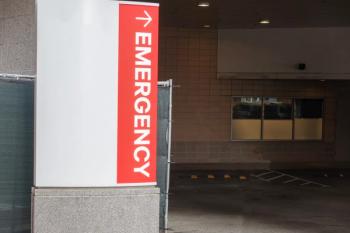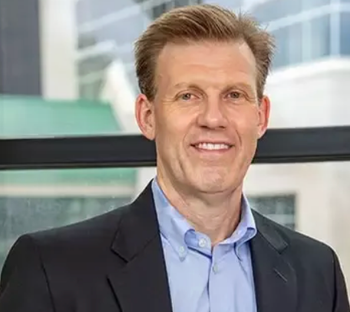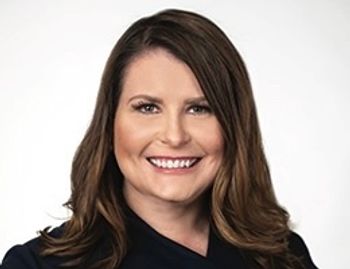
Hospitals and AI: Get nurses involved at the start | HLTH 2025

Lavonia Thomas of MD Anderson Cancer Center says hospitals and health system looking to incorporate AI successfully must partner with nurses.
Las Vegas – Lavonia Thomas speaks enthusiastically about the potential for AI to improve patient care, and to help nurses do their jobs.
But she says hospitals have to get it right, and that means working with nurses in developing or acquiring AI tools, rather than introducing them into the workflow without input.
Thomas, nursing informatics officer at The University of Texas MD Anderson Cancer Center, spoke with Chief Healthcare Executive® about AI, hospitals and nurses during an interview at the HLTH conference. Check out our conversation, and our deeper dive on nurses and AI.
Q: What can hospitals do to make sure they deploy AI tools successfully?
A: “First and foremost, at the moment that the organizations are thinking about bringing in AI tools, bringing nursing into that discussion to ensure the voice of the nurse is clear, and that nurses have an opportunity to have input and understand what the AI tools are designed to do.”
Q: How you characterize the way nurses are viewing AI? Are they excited about it? Nervous about it? All of the above?
A: “I think there's a gamut of emotions involved. I think that they're open to the changes that are coming, and I believe that that openness will continue as long as they have a seat at the table and they understand thoroughly before they're asked to implement them in use.”
Q: Do you think AI tools are going to help improve patient care?
A: “I believe it has the opportunity to improve patient care.”
Q: Just as importantly, do you think AI also may be able to reduce burnout and maybe boost retention in nursing, if these tools are developed effectively, like you mentioned?
A: “I do believe that you've done correctly, AI does have the ability to reduce burnout and to promote retention amongst the nurses. Again, the goal has to be, how do I return more time to the hands-on care of the patient.”






















































































